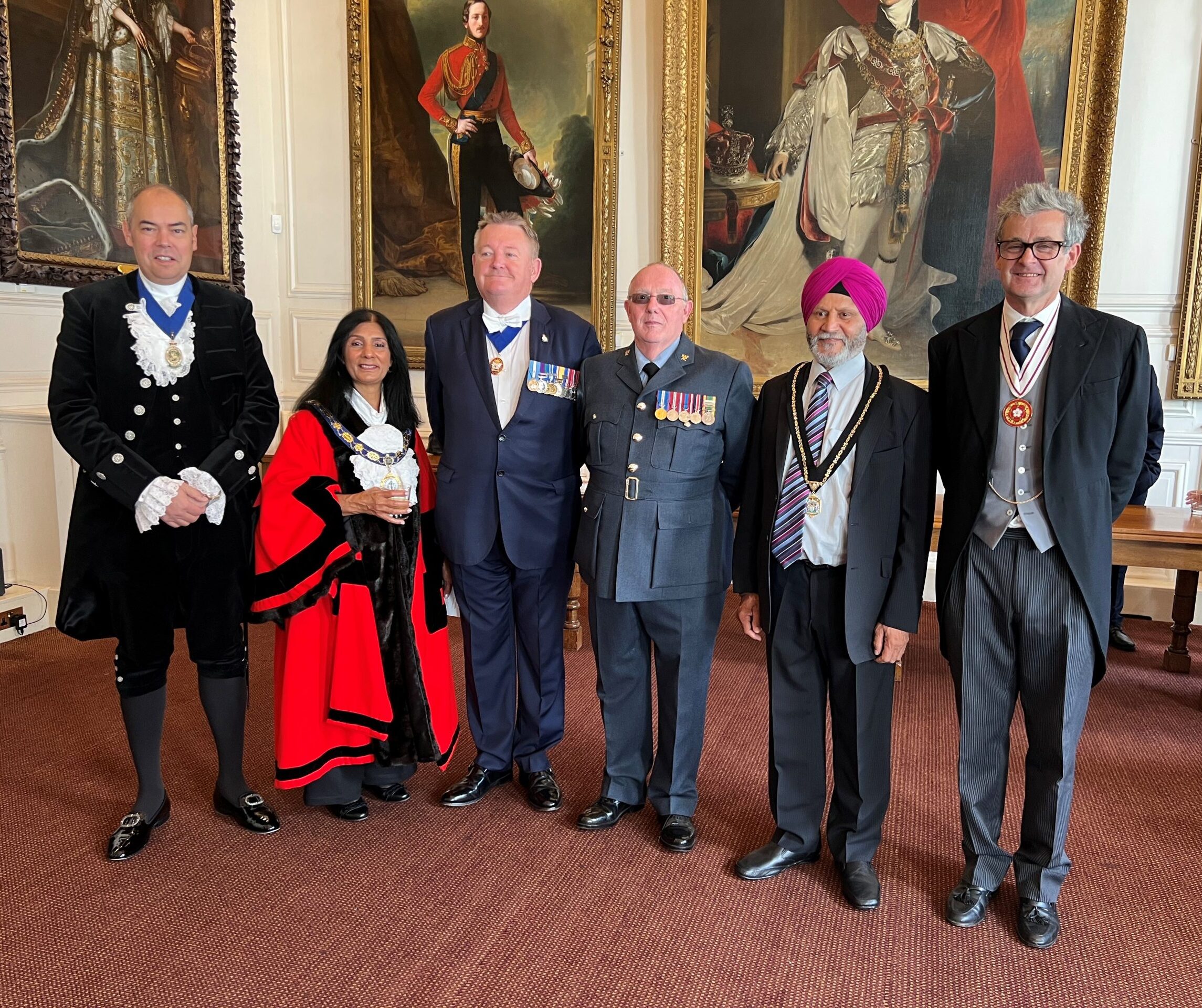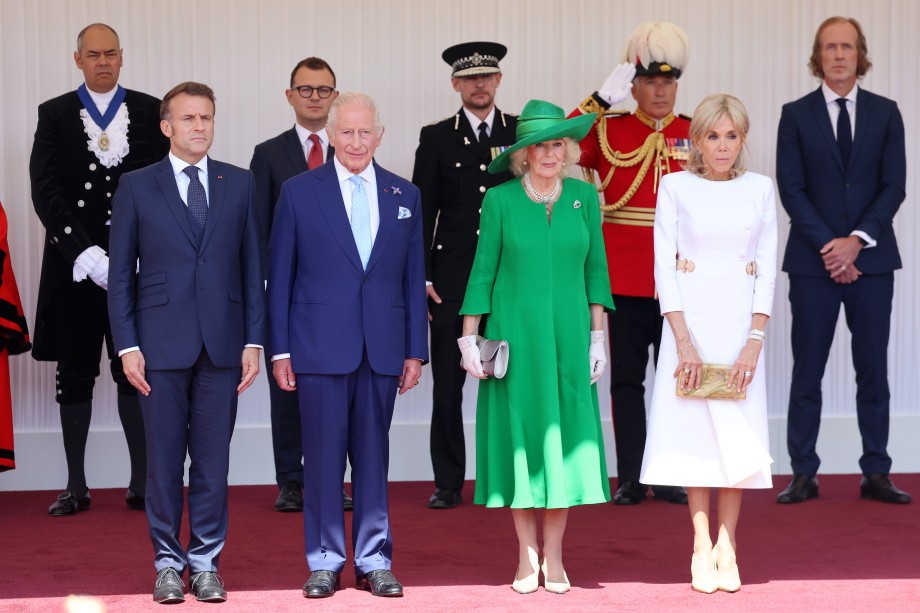The UK’s Oldest Office
The office of High Sheriff is the oldest secular role in the United Kingdom, second only to the Crown. Its origins trace back over a thousand years to the Anglo-Saxon period.
The name ‘Sheriff’ derives from “Shire Reeve” (Scir Gerefa); the king’s local representative for law and order. Early High Sheriffs held real power, and fought alongside the King in war. The first recorded Berkshire Sheriff, Godric, was killed at the Battle of Hastings in 1066.


